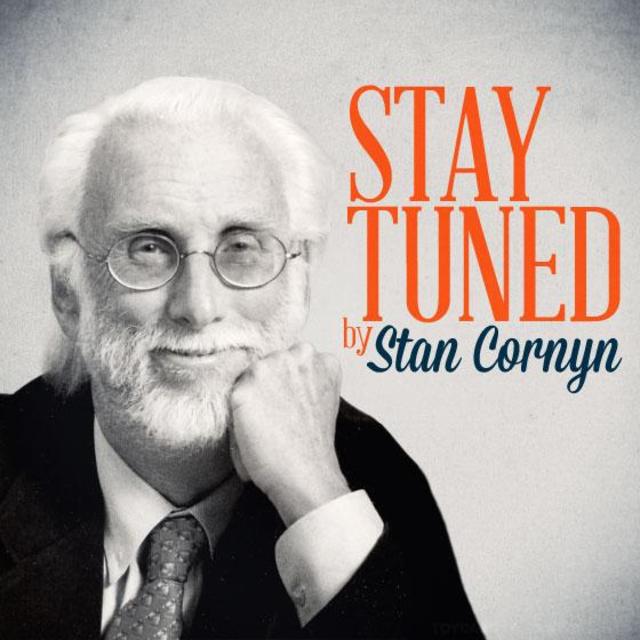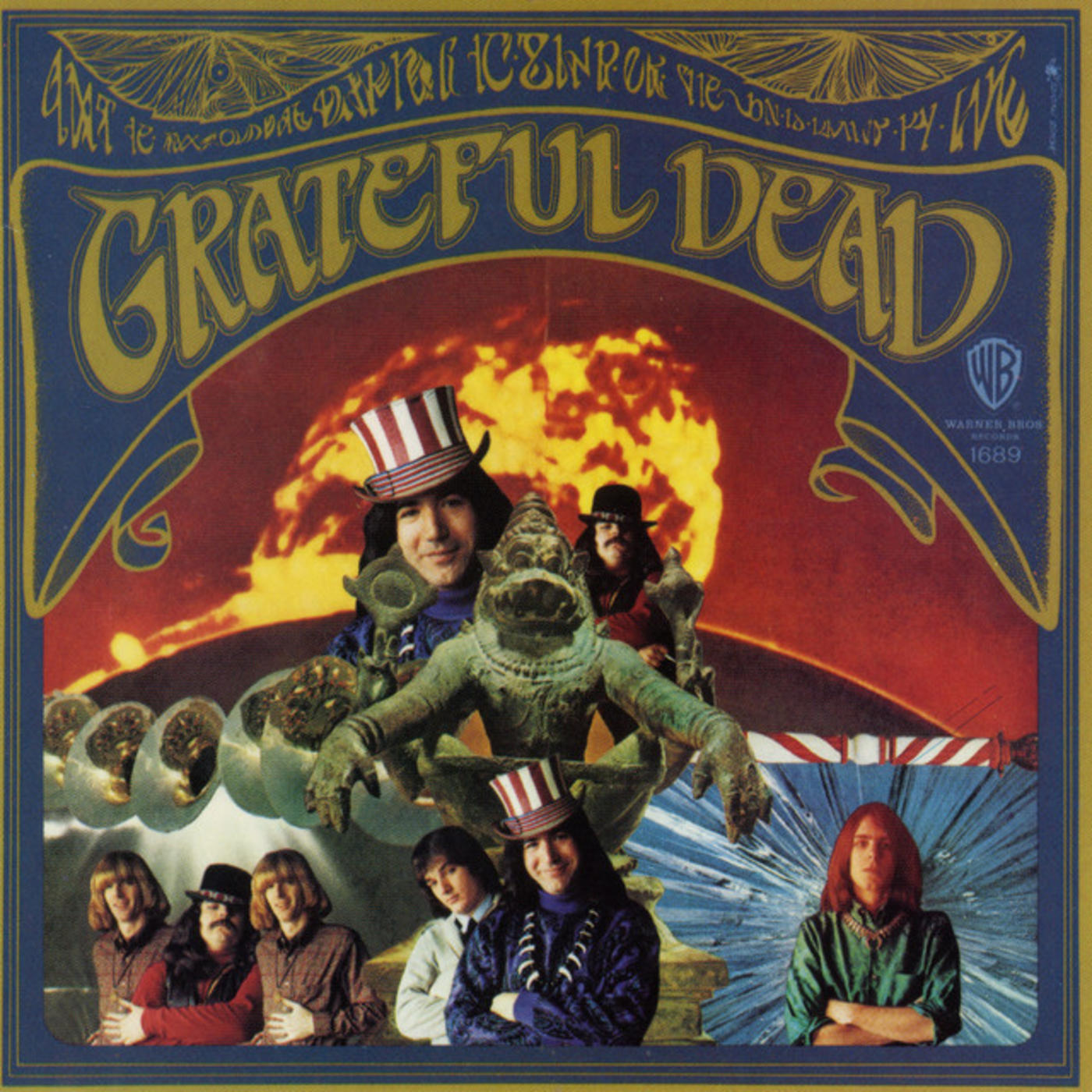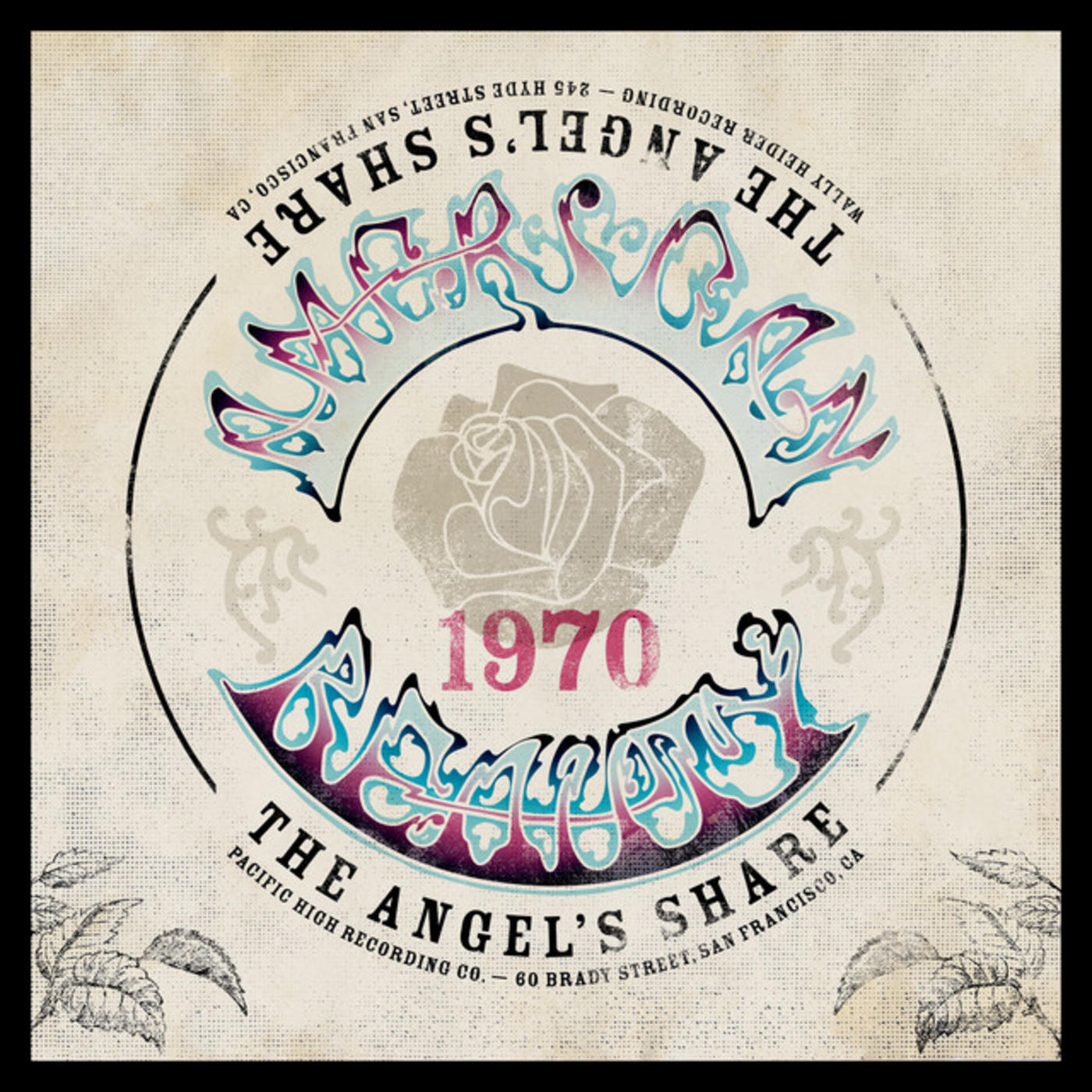Stay Tuned By Stan Cornyn: Finding a Buyer … Again?

Every Tuesday and Thursday, former Warner Bros. Records executive and industry insider Stan Cornyn ruminates on the past, present, and future of the music business.
1967’s agreement between Atlantic Records - that it’d be bought by Eliot Hyman’s Warner-7Arts, and that Atlantic would now be owned by someone other than Ertegun-Ertegun-and-Wexler -became more and more difficult for Atlantic.
But for Warner Bros. Records, at least up top, up at Mike Maitland’s peak, that deal was stunning. This new “Records” set up, it was like your apartment having two kitchens and two laundry rooms. Who needed “two” sets of distributors, two sets of international licensees, two manufacturing plants, two accounting departments...
Mike Maitland had been left out of the decision to bring in Atlantic. Mike was classified just an employee, so he didn’t need to know. Neither did any of all the other people at Warner and Reprise: didn’t need to know.
So now, it felt like big decisions about the records records business would move from Burbank back to New York, where both 7Arts and Atlantic lunched most days.
Maitland Makes a Plan
On a car trip down to Palm Springs (California), Mike Maitland rode with his head of music at the film studio, Sonny Burke. Burke had a new way of looking at it all. Maitland listened, and made notes:
We can divide “Records” into “Divisions,” like big companies have. Like General Foods has Divisions. Let Warner Bros. Records have Joe; and Reprise have Mo; and Atlantic have Ahmet; and studio music have Sonny. And all those divisions work as their own businesses, simply coordinated up top by...Mike Maitland.
Divisions made sense to Mike. Plus a Division for publishing, for international, for manufacturing...
A meeting that Hyman had called for all his “head guys” was set up in WBR’s crummy, eight-foot wide “conference room.” Sitting there was Hyman and Hirschfield of 7Arts, Atlantic’s three, Maitland with Mo Ostin, Joe Smith, and finance head Ed West. Nine of them, together on Jack Warner’s left-behind shabby sofas.
Mike laid out his Divisions proposal: how we could all save money, together. Why do we need two... two...two...
Everyone in the room voiced some objection to Mike’s plan. Egos unbounded. Mike got told, firmly, that in the buy out, Atlantic’s total autonomy had been guaranteed. Atlantic would figure out its own operations. Totally. Or, to put it more simply: “No.”
Joe Smith later said the meeting was “a lot of crap. Nothing came out of it.” Hirschfield, the more eager of the two 7Arts execs, said he could buy five or six distributorships, like Chicago and..., and get them for $10 or $12 million.
Atlantic said “no.”
That night, Eliot Hyman suffered a heart attack. He was flown fast back to New York, to be hospitalized, then home to recuperate.
And Maitland remained left out, out in Burbank, where the center no longer spun.
Chaos? Hardly. We Got Hits!
The “ownership” guys may have been sharp elbowed, but their jabs didn’t reach down into the labels and their hit makers. The feel of the label staff in Burbank and in Manhattan was better than ever. They didn’t feel threatened.
They felt respect.
Not most important, but feeling very fine to them, was that 7Arts had come up with “employee benefits.” Like paying employee medical bills, and car milage and... Benefits felt startling, since from the beginning of Warner Records, Jack Warner thought of them as Communism. Jack Warner had felt suspicious even about lunch breaks.
But now, 7Arts was being nice, to us “workers.”
That felt good, but signings and hits now felt like we were winning some World Series. 1967 in Burbank had felt, week after week, like a birthday party: 1967 was Hendrix at Monterey, Frank and Nancy, Pet Clark, Van Dyke Parks, and so many hot new releases...
Such as:
The Electric Prunes: “I Had Too Much to Dream (Last Night)” brought in by producer David Axelrod. Psychedelia was Reprise.
Arlo Guthrie: “Alice’s Restaurant” made the label fit with rebellious teens, the anti-war crowd.
The Kinks: Hot off Reprise’s new distribution deal with Pye Records.
Miriam Makeba: “Pata Pata” and WBR is hip in Afro-American music now.
Nancy Sinatra: “Sugar” and “Jackson” with Lee Hazlewood. They make hits together for dad’s old label, Reprise. Dad was recording with Antonio Carlos Jobim now.
Dean Martin: “Welcome to My World” and he keeps having hits, year upon year, for Reprise.
Petula Clark brings hit-after-hit to WBR, then co-stars in the studio’s film, Finian’s Rainbow.
Grateful Dead, signed by Joe Smith on the spot in San Francisco. So WBR is big at Monterey Pop, too.
Peter, Paul and Mary: “Leaving on a Jet Plane" (single with W7 logo on the sleeve). Hit after hit.
Time to Find New Buyers
Yes, 1968 was also a very good year, if you didn’t worry about who was sleeping with whom up in your parents’ bedroom. The labels’ rooms were fresh new acts, from Mason Williams (“Classical Gas”) to Tiny Tim (“Tiptoe”).
At Warner Bros., Bill Cosby had decided to start his own label, to be called Tetragrammaton. Warner offered Cosby a deal, but 7Arts turned it down. Just one problem - Cosby still owed WBR several more albums (“To Russell, My Brother, Whom I Slept With”; “200 M.P.H.”) and those had to come first.
Still, none of this made the labels’ new owners feel all was rosy.
Now recovering from his heart attack, Elliot Hyman was up on his feet, on the outlook for new buyers of his “Warner-7Arts Everything.” He was emphatic about his two hot labels, or three if you count Reprise. Numbers, again. Hyman had never heard of Harpers Bizarre.
Hyman kept talking to companies that sounded HUGE to us, but who knew? He’d talked to National General, a West Coast conglomerate run by Eugene Klein. Anybody? Oh, they run movie theatres. Pass.
Then there was Commonwealth United, run by Milton Rozet. Anybody? Oh, yeah, they managed jukeboxes. Pass.
Next? There was Kinney Services, run by Steven Ross. Anybody? Oh, yeah, funeral services and parking lots, and now a talent agency.
Hyman Juggles
To keep his asset attractive, Hyman held expenses way down. (Which was why Cosby couldn’t be re-signed, since Hyman didn’t like the big advance.)
And Hyman still had troubles with the Atlantic trio, who fretted now, just one year after they’d signed up, bitching that they’d been rooked by taking too little money in the buy out. They went back to Hyman and offered to pay him $40 million to get their company back. Or else, the three heads told him, they were moving on. Hyman had to hold this all together, and he re-sweetened the threesome’s deals.
But even Atlantic was less seductive in 1968. Acts like Iron Butterfly, Cream, the Young Rascals, less than hoped for.
What If Mo and Joe Walk?
Hyman’s conservative attitude hurt Mo Ostin and Joe Smith’s work, and both label heads had been offered seductive deals to move over to other labels. They had no contracts with WBR. They were only “second tier” vice presidents for Warner/Reprise. Even if they were hot.
Other labels seduced Mo and Joe like they were freshmen coeds from hick towns, easy to handle, push-overs to pin down, you know.
Knowing that the whole company – Warner/7 Arts – was up for sale, and they had no contracts, no stock, Smith and Ostin felt over-looked. Their attorneys had presented new contracts to Mike Maitland, better deals. But those deals just sat on Mike’s desk. Mike knew Hyman didn’t want to spend like those deals were fetching.
Mo Ostin had been offered major deals with other labels, ABC and MGM. Joe recalled, “We were really up in arms! It wasn’t feathers that had to be soothed. We were planning to walk. To tell them, ‘Screw you! We’re not part of this package. Go run it on your own’.”
When Atlantic heard Mo and Joe’s beefs, they realized that keeping Mo and Joe at Warner-Reprise surely meant a better sell-out deal for Hyman, which would mean better bucks for the Atlantic trio, now that it was a part of 7Arts.
Wexler and Ahmet told Hyman about Mo and Joe’s restlessness. Immediately, Hyman got the story, and had his secretary call Maitland.
“Not in.” Mike and family were flying to Greece. Paged at the airport in New York, Hyman demanded to know “why the Mo and Joe contracts hadn’t been signed?” Not waiting for an excuse, Hyman told Maitland, “Do not get on that airplane until those contracts are signed.”
Phone calls zinged back and forth, coast-to-coast. On the phone, Mike conceded every point to Smith and Ostin. Signing took place.
Mike took off for Greece.
Feeling relief, Hyman got back to his sell mode. He went after #3, Kinney’s Steve Ross. “Got the perfect deal for you, Steve,” said Hyman. “You heard of Records?”
Ross listened to Hyman. Neither man knew music from a hole in a disc.
-- Stay Tuned


